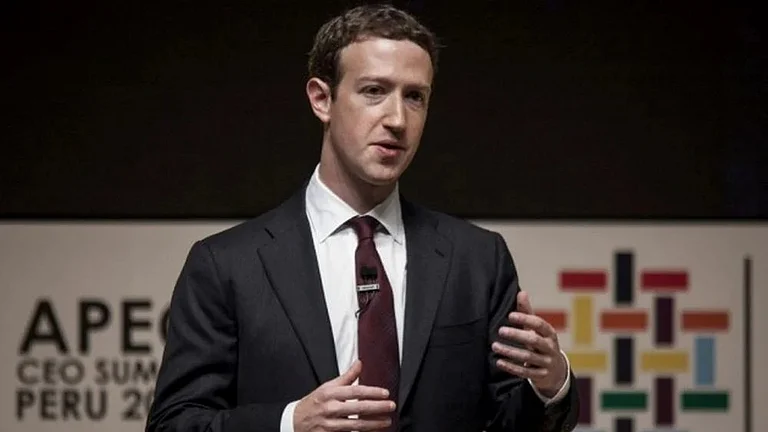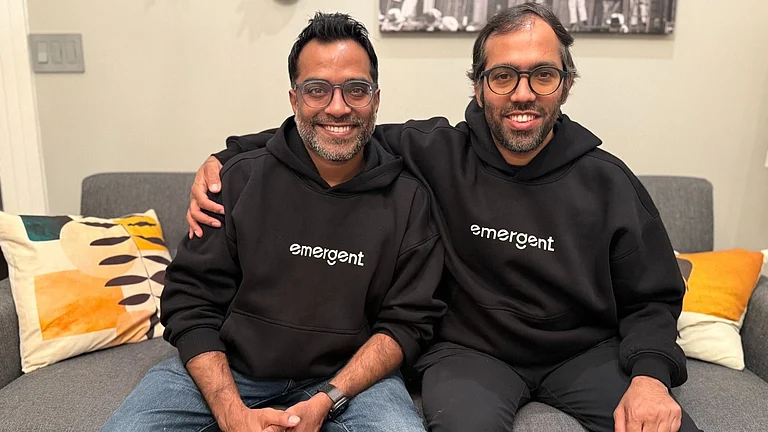The death-knell sounded out to Koo, brings to the fore a pertinent question concerning the social media start-ups in the country. The desi social media platform which held a special place in the hearts of commoners and celebrities alike, was seen by many as an alternative to Twitter (before it was conceived as X by Musk) in India.
Since Koo’s inception in 2020, one could not help notice the striking similarities between the two platforms right from their logos to their aspirations.
While Twitter’s blue bird soared higher unfurling its wings heralding the social media era across the world, Koo’s yellow chick hoping to achieve a similar feat in the Indian subcontinent succumbed to its dire circumstances prematurely.
It raises a huge question over the sustainability and viability of the social media start-ups in the country.
Despite substantial investments from high profile stakeholders over the years, financial hardships and failed acquisition talks forced the founders to pull the plug on the enterprise.
The birth of the Little Yellow Bird
Having sold TaxiForSure to Ola Cabs in 2015, Aprameya Radhakrishna partnered with Mayank Bidawatka to launch Vokal, a platform similar to Reddit and Quora solely for the Indian languages.
Despite doing incredibly well and attracting a lot of users, the platform did not garner a lot of revenue leading to heavy losses. With not a clear revenue path and investors unwilling to tolerate losses, the Vokal team shifted their focus towards creating a new social media platform as per a report by Inc42.
This was how Koo came into the picture.
A second product of the Vokal team, Koo sought to create a social media platform for the voices of the Indian masses across 11 Indian languages.
Koo gained traction during Covid-19 pandemic with its users' base increasing substantially. It was the time when TikTok was banned in India, and Twitter was under the radar of the Indian government with discrepancies over policy compliances and local regulations leading to the heavy hand of the government.
It also coincided with a period when the government’s flagship programs 'Make in India' and 'Atmanirbhar Bharat' was gaining popularity in the country. With these ideas hovering in the air, the environment felt conducive for a home grown start-up like Koo to thrive in the space that was offered to them.
This subsequently led to FlipKart CEO Kalyan Krishnmurthy, BookMyShow founder Ashish Hemrajani, Udaan co-founder Sujeet Kumar, and Zerodha founder Nikhil Kamat to invest in the platform.
Koo’s Financial Woes Amid the Funding Winter
The funding winter severely affected Indian start-ups last year. The funding plummeted to a six-year low with Rs 66,908 crore in comparison to Rs 1,80,000 in the year 2022 which is a 62% dip as per a report by the Business Standard.
“A prolonged funding winter which hit us at our peak hurt our plans at the time and we had to tone down on our growth trajectory,” Mayank Bidawatka stated in his LinkedIn post while highlighting the need for 5 to 6 years of aggressive, long term and patient capital.
Bidawatka mentioned that the funding winter got the better of them.
Koo had boasted 2.1 million daily users with 10-million monthly users at its peak. But despite all of this, it had not turned into any source of constant and substantial revenue for the start-up. It also had to face incredible financial challenges and prolonged winter funding.
Even with backing from prominent investors such as Blume Ventures, 3one4 Capital, Tiger Global, Accel, and Kalaari Capital, Koo had difficulties developing a consistent revenue stream.
The fact that Koo was only able to reportedly generate a sparse revenue of just Rs 14 Lakh and a staggering Rs 197 crore loss in FY22 is a testament to that. Yet to file their financial statement for FY23, it was reported that 80 per cent of their employees were laid off since June 2022 with just 60 employees operating with a salary cut of 40 per cent from October 2023.
A Failed Deal
Posting on LinkedIn, Bidawatka stated that the company’s partnership talks with the content aggregator platform Dailyhunt fell through, and that they would be discontinuing their service to the public.
“We explored partnerships with multiple conglomerates and media houses, but these talks didn’t yield the outcome we wanted,” he added.
This subsequently led the company to halt the salaries of its employees.
Kangana's and Politicians' Support Ineffective for Koo's Survival
Despite its major cash burning campaigns like ‘Vocal for Local’, its media monetisation, and marketing strategies, Koo found it difficult to breakthrough in the social media industry.
Several celebrities and politicians supported the platform aggressively.
Bollywood actor Kangana Ranaut who joined Koo after her account was suspended from X (formerly Twitter) due to repeated violation of guidelines was one among them.
Similarly, many NDA ministers in 2020 including Piyush Goyal flocked to Koo overnight amidst the government's row with X (formerly Twitter).
All these high promises had eventually fizzled out in the end, deeply reflecting the sustainability and viability of running a social media start-up in the country.
The closure of Koo poses broader questions to the status of home-grown social media start-up apps in the country. On average, Indians daily spend 194 minutes on social media platforms, as per a survey.
This means that a market does exist India, but owing to reasons such as meagre ad revenue, faulty business models, and lack of innovation, they are unable to catch up with their western counterparts.
Bidawatka may well be right when he stated, “Social media is probably one of the toughest companies to build even with all resources available as you need to grow users to a significant scale before one thinks of revenue.”






























